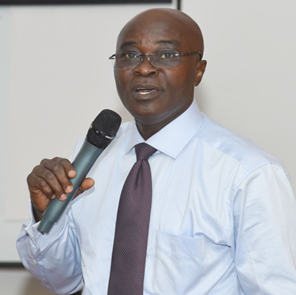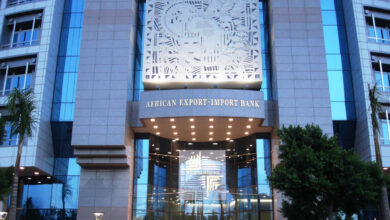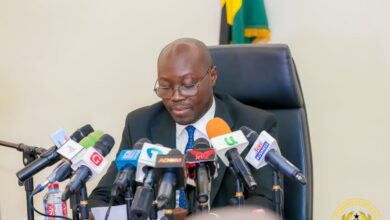Economist Flags Arbitrage Risk Over Bank of Ghana’s Rate Misalignment

Ghana’s recent monetary policy adjustments have been met with caution from economists, with one leading analyst warning that delayed action and poor alignment of central bank instruments are creating arbitrage opportunities in the financial sector.
Speaking to ghnewshub.com, Dr. Raziel Obeng-Okon, a senior lecturer at the Ghana Institute of Management and Public Administration (GIMPA), expressed concern over the timing and magnitude of the Bank of Ghana’s (BoG) 300 basis point policy rate cut to 25 percent. While he acknowledged the rate reduction as a response to declining inflation and a more stable cedi, he said the move was long overdue.
“The indicators were clear for months. Inflation was trending down, exchange rate pressures had eased, and yet the Bank held off on rate adjustments for three consecutive meetings,” Dr. Obeng-Okon said. “That delay created distortions in the market.”
The economist pointed out that despite falling treasury and interbank rates, the BoG’s policy rate remained relatively high, which distorted the risk premium and led to arbitrage opportunities for commercial banks. Specifically, he cited the Bank of Ghana’s own bills popularly known as BoG Bills as a source of concern.
“Banks are making easy profits by taking deposits at relatively low costs and reinvesting them in BoG Bills at yields as high as 25 percent,” he explained. “There’s a structural misalignment between BoG’s monetary tools and broader market rates. This allows banks to earn ‘free money’ without taking on significant risk.”
Dr. Obeng-Okon noted that in late July, BoG Bills interest rates fluctuated dramatically from as low as 8 percent to as high as 25 percent highlighting a lack of consistency that he believes undermines market predictability.
“Volatility in BoG’s instruments makes it difficult for businesses to plan. Investors are unsure whether to trust these indicators, and that undermines confidence in the central bank’s signaling role,” he added.
He also warned that unless the BoG aligns its policy rate more closely with market realities and provides clarity on its short- to medium-term monetary stance, the arbitrage loophole will continue to skew lending behavior, crowd out private sector credit, and stall investment.
“The BoG needs to close the gap between its benchmark rate and the actual rates used for liquidity operations. Otherwise, the banks will continue profiting from the mismatch instead of channeling credit to productive sectors,” he concluded.
Dr. Obeng-Okon urged the BoG to maintain consistency, gradually adjust rates in line with inflation trends, and synchronize its policy instruments to avoid creating unintended market incentives. He argued that a clearer, more proactive monetary policy approach would reinforce the government’s broader economic recovery agenda and restore confidence in Ghana’s financial system.




